Your vehicle’s electrical system plays a critical role in ensuring all components function smoothly, from basic operations like starting the car to advanced features like infotainment systems, power windows, and lighting. At Global Autoworks in Grand Haven, MI, we specialize in comprehensive electrical system services designed to keep your car running efficiently. Whether your vehicle is experiencing a minor glitch or a major electrical failure, our team of certified technicians is equipped with the latest diagnostic tools and expertise to get you back on the road quickly and safely.
The Importance of Your Vehicle’s Electrical System
The electrical system in your car is a complex network of components that power nearly everything, from your engine’s performance to your safety features. It consists of three major components: the battery, alternator, and starter. Each part has a vital role to play:
- Battery
Provides the initial power to start the engine. - Alternator
Charges the battery and powers the electrical system while the engine is running. - Starter
Receives power from the battery to start the engine.
Beyond these, there are numerous sensors, switches, and wiring circuits that support everything from your car’s lighting system to advanced computer systems. When any of these components fail, it can result in a range of issues, from a dead battery to malfunctioning electronics. Regular electrical system maintenance and prompt repairs are essential to avoid costly breakdowns and ensure that your car performs optimally.
Common Electrical System Issues
At Global Autoworks, we handle a wide variety of electrical system problems that may arise in your vehicle. Some of the most common issues include:
- Dead Battery
Batteries usually last between 3-5 years. If your car won’t start, it could be due to a dead or failing battery, which may need replacement. - Alternator Problems
The alternator ensures your battery stays charged while the car is running. If it fails, you may experience dimming lights, warning lights on the dashboard, or even engine stalling. - Starter Issues
A faulty starter will prevent the engine from turning over, resulting in a car that won’t start. - Blown Fuses
Fuses protect the electrical components of your car from overloads. If a fuse blows, it could be a sign of an underlying electrical problem. - Faulty Wiring
Over time, wiring in the car can corrode or become damaged, leading to issues with lights, sensors, and other electrical components. - Malfunctioning Lights
From headlights to interior lights, a failure in the lighting system can compromise safety and visibility. - Computer and Sensor Issues
Modern cars rely heavily on computers and sensors for everything from fuel efficiency to brake performance. Malfunctioning sensors or electrical issues in the onboard computer can cause significant driving issues and safety concerns.
Why Choose Global Autoworks for Electrical System Service?
Global Autoworks offers top-notch electrical system diagnostics and repairs for all types of vehicles, including foreign, domestic, economy, luxury, and hybrid models. We pride ourselves on providing reliable, professional service with a commitment to customer satisfaction. Here’s why we’re the go-to auto repair shop for electrical system services in Grand Haven, MI:
1. State-of-the-Art Diagnostic Tools
Diagnosing electrical issues in modern vehicles requires advanced diagnostic equipment and specialized knowledge. At Global Autoworks, we use the latest diagnostic tools to accurately pinpoint the source of electrical problems. This ensures that we don’t just treat the symptoms but address the root cause of the issue, saving you time and money on unnecessary repairs.
2. Expert Technicians
Our team of ASE-certified technicians has extensive experience working with a variety of vehicle makes and models. Whether you drive a high-end luxury car, a reliable economy vehicle, or a cutting-edge hybrid, we have the skills and expertise to handle any electrical issue your car may be experiencing. We stay updated with the latest industry advancements to ensure your car gets the best care possible.
3. Comprehensive Services
We offer a full range of electrical system services, including:
- Battery testing and replacement
- Alternator and starter diagnostics and repairs
- Wiring repairs and replacements
- Fuse and relay replacements
- Lighting system repairs (headlights, taillights, interior lights)
- Sensor and computer diagnostics
- Electrical system diagnostics for hybrid and electric vehicles
Whether it’s a minor electrical issue or a more complex problem, Global Autoworks has you covered.
4. Transparent Pricing
At Global Autoworks, we believe in honest and transparent service. Our technicians will walk you through the diagnostic results and explain the necessary repairs in a clear, straightforward manner. We’ll provide you with a detailed estimate before any work is done, so you’ll never be surprised by hidden costs.
5. Customer-Centric Approach
We understand that dealing with car problems can be stressful. That’s why we prioritize clear communication, timely service, and a welcoming atmosphere. We are committed to delivering high-quality service with a focus on customer satisfaction. Our team is always available to answer your questions and provide expert advice on maintaining your vehicle’s electrical system.
Preventative Maintenance for Your Electrical System
While we’re always here to provide electrical system repairs, we also encourage regular maintenance to help prevent problems from occurring in the first place. Here are a few tips to help keep your vehicle’s electrical system in good condition:
- Regular Battery Checks
Have your battery tested annually, especially if it’s over three years old. Look for signs of corrosion on the terminals and ensure it’s charging properly. - Inspect Your Alternator
Pay attention to warning signs such as dimming lights, strange noises, or dashboard warning lights. These can indicate alternator issues that need immediate attention. - Check Wiring and Fuses
Regularly inspect your car’s wiring and fuses for any signs of wear, damage, or corrosion. Addressing these issues early can prevent more serious problems down the line. - Schedule Regular Electrical System Inspections
Routine inspections of your vehicle’s electrical system by a professional mechanic can catch potential problems before they become major issues.
Visit Global Autoworks for Expert Electrical System Service
 If your car is experiencing electrical issues, don’t wait until a small problem turns into a costly repair. Visit Global Autoworks in Grand Haven, MI, for reliable and expert electrical system service. Our skilled technicians are ready to diagnose and repair any electrical issue your vehicle may have, ensuring it remains in top condition for years to come.
If your car is experiencing electrical issues, don’t wait until a small problem turns into a costly repair. Visit Global Autoworks in Grand Haven, MI, for reliable and expert electrical system service. Our skilled technicians are ready to diagnose and repair any electrical issue your vehicle may have, ensuring it remains in top condition for years to come.
Contact us today to schedule your electrical system service, or stop by our shop for a consultation. We look forward to providing you with the best automotive care in Grand Haven!


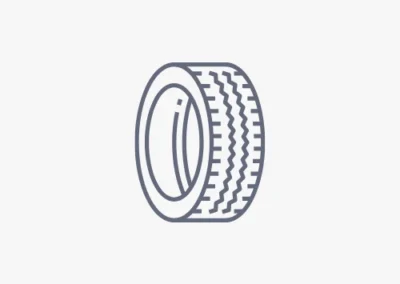


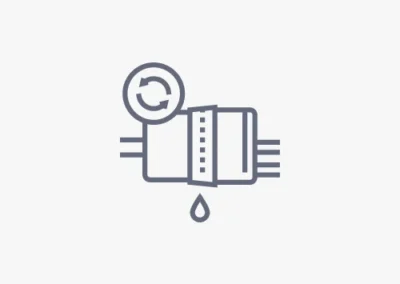
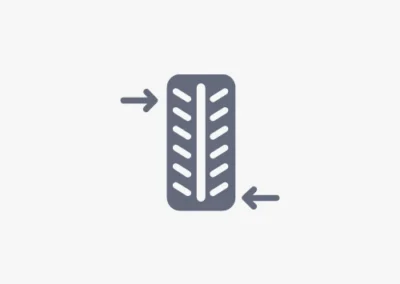

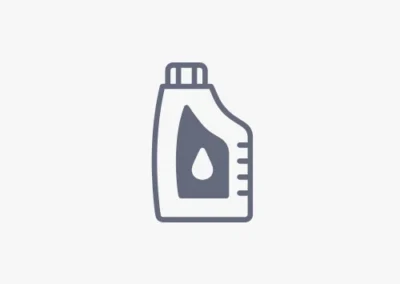
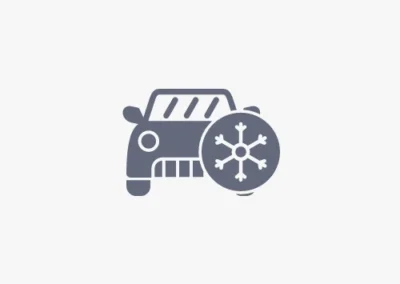
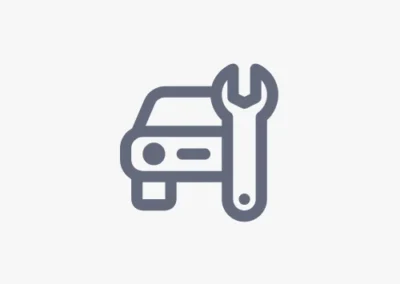

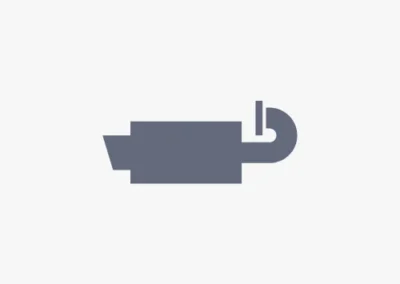

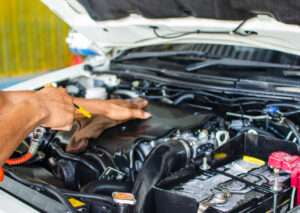 If your car is experiencing electrical issues, don’t wait until a small problem turns into a costly repair. Visit
If your car is experiencing electrical issues, don’t wait until a small problem turns into a costly repair. Visit